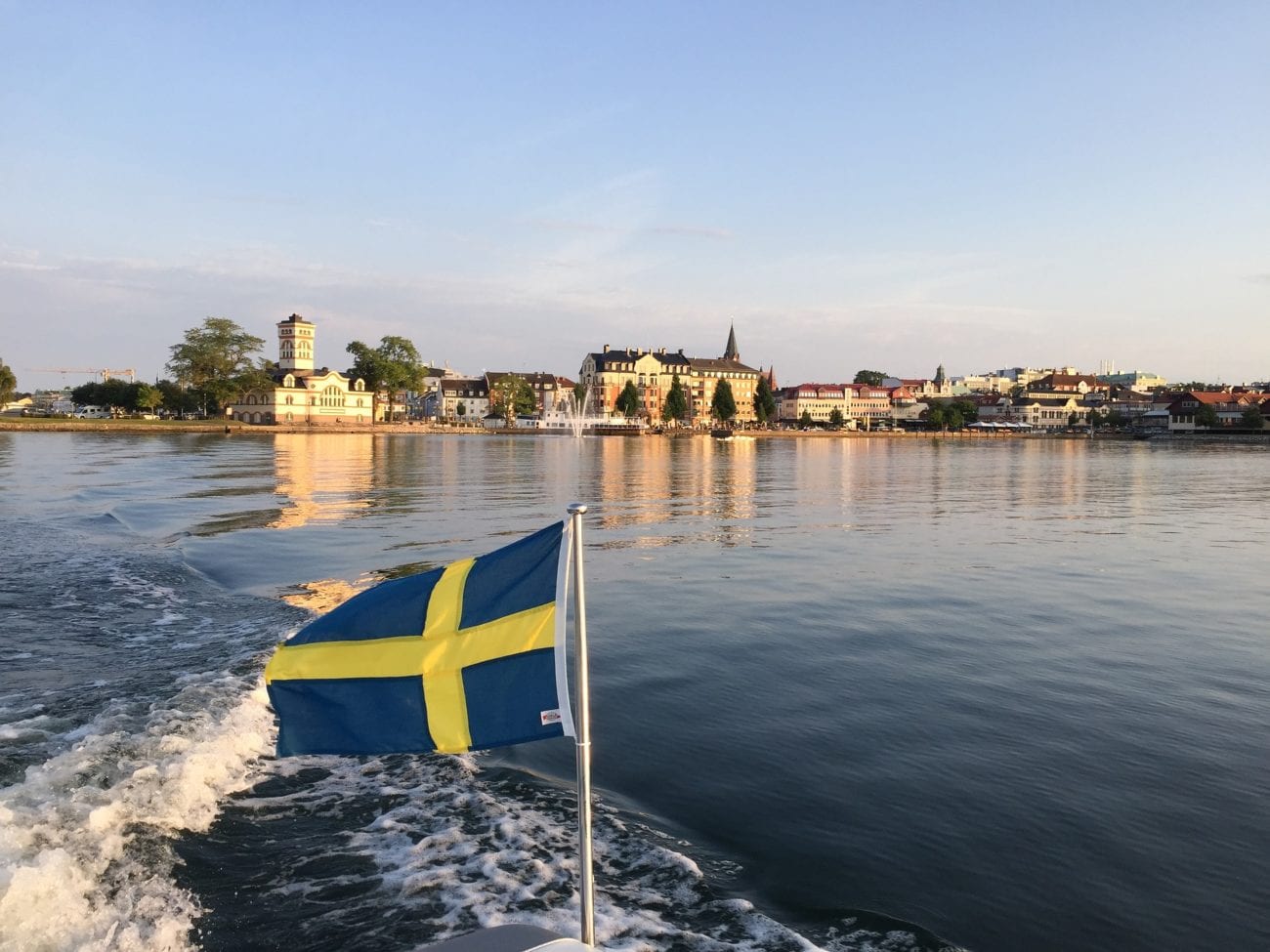BOS hits out at Swedish Equality Commission report in consultation response

BOS’s statement formed part of its response to a consultation on the document that was released in August 2020. The document took two years to publish and dealt with a wide range of issues across Swedish society, including gambling.
Among the proposed changes in the report was a call for the state, through regulator Spelinspektionen, to play a much more hands-on role as a “gatekeeper” rather than generally overseeing the market.
In Jämlikhetskommissionen’s proposal, all licensed operators’ products would only be available through a single state portal, which it likened to Sweden’s alcohol shop monopoly.
Under this system, Jämlikhetskommissionenn also called for a limit on the amount players could spend across all operators in a 24-hour period and suggested that gambling could be limited to certain times. It did not provide an amount for this limit to be set at or suggest specific times to limit gambling, however. Currently, Swedish players are limited to deposits of SEK5000 (£422/€489/$581) per month for online casino games, but other verticals are not limited.
The report also said changes were needed in advertising.
Currently, gambling advertisements in Sweden cannot be restricted as ads covered by press freedom laws. However, the Equality Commission called for a constitutional amendment to change this, similar to amendments that already exist for tobacco and alcohol.
It then called for mandatory warnings on gambling ads, such as “Most who gamble lose money,” “Gambling addiction increases the risk of suicide,”or “Children of gambling-dependent parents are at risk of getting off to a bad start to life”.
In January of this year, more than 300 bodies including BOS were invited to respond to the consultation by 12 April, with BOS submitting its response yesterday (7 April).
The operator association was strongly opposed to Jämlikhetskommissionen’s suggestions of a single state portal and a constitutional amendment to allow restrictions on gambling advertisements.
It said the proposals suggested insufficient research on the sector, and that a more informed body would not have made these proposals.
“BOS rejects these proposals and hopes that future public investigations will focus more on the knowledge-gathering phase in an investigative work in the future, so that greater clarity can be brought regarding how gaming on the internet works and what consequences different interventions have,” it said. “It is our belief that state internet portals will then not be relevant to propose again, nor restrictions on the constitutional freedom of expression.”
The trade body also pointed to the fact that the Swedish government did not ask Jämlikhetskommissionen to investigate gambling policy, and said that the Commission did not consult industry experts for its report.
In addition, BOS pointed to the issue of channelisation in the Swedish market – where BOS chair Gustaf Hoffstedt recently claimed vindication after channelisation as found to have decreased in 2020 – and said Jämlikhetskommissionen did not show any regard for protection of the licensed market.
“The balancing act for gaming policy is to achieve as high a level of consumer protection as possible without the leakage to the unregulated gaming market becoming unacceptably high,” it said. “It is not an easy task.
“This difficult balancing act is not something that seems to worry the Equality Commission. It now appears that the Equality Commission is coming up with proposals that go much further in a tightening direction than the state’s gambling policy inquiries.”
